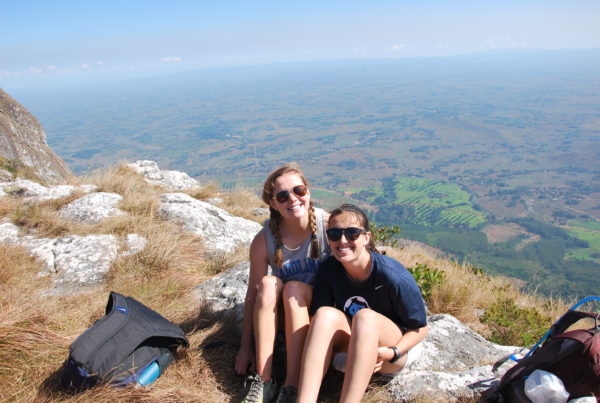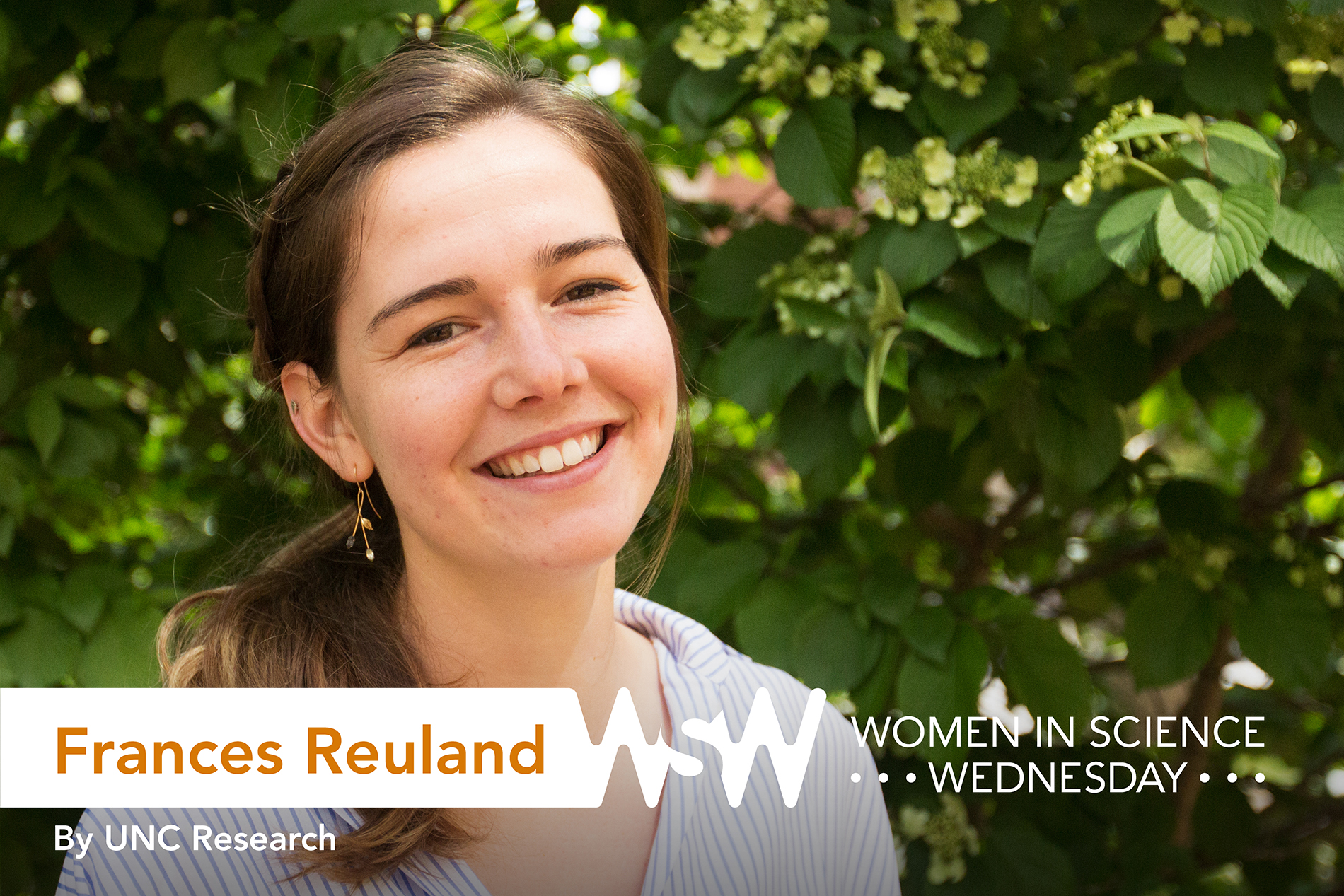When you were a child, what was your response to this question: “What do you want to be when you grow up?”
Describe your research in five words.
“Hospital energy failures cause disarray.”
I wanted to be a doctor, specifically an orthopedic surgeon or a pediatric cardiologist — that is, before I realized I couldn’t handle the sight of blood. But I also remember going through moments of wanting to be an assortment of things including a green architect, a soccer player for the USWNT, and a dolphin trainer.
Share the pivotal moment in your life that helped you choose your field of study.
Being able to go abroad helped me realize many things I had taken for granted about my environment. For example, while I was in Argentina, I was exposed to the way that urban air pollution drastically impacts human health, especially those with asthma. Then, during my research in Malawi, I learned about water, sanitation, and hygiene conditions that are linked to maternal and neo-natal mortality. I was moved by environmental impacts on everyday human lives and that motivated me to pursue environmental health.

Reuland (left) and her best friend and fellow researcher Ryan McCord climbed to the top of Mount Mulanje in Malawi, where they spent last summer assessing hospitals and collecting data.
Tell us about a time you encountered a tricky problem. How did you handle it and what did you learn from it?
Last summer, a research team and I visited multiple locations across Malawi, many of which had ambient temperatures that were too cold for the microbiological samples we were collecting. Since we didn’t have an electric incubator, I had to find creative ways to make sure the incubation box was kept warm enough. At times, I had to scavenge for various materials, such as broken clay pots, that I could heat in the oven and use to warm the incubator.
What are your passions outside of science?
Soccer. I find calm in kicking a soccer ball against a wall by myself, though I much prefer to play with others. I love playing pick-up here with my teammates. Another one of my favorite things about soccer is that it unites people all over the world. During my time at Carolina, I’ve had the opportunity to travel to Mexico, Argentina, and Malawi. And although these places are radically different and unique, I was able to jump into pick-up soccer games in all of them. I see soccer as a universal language.


